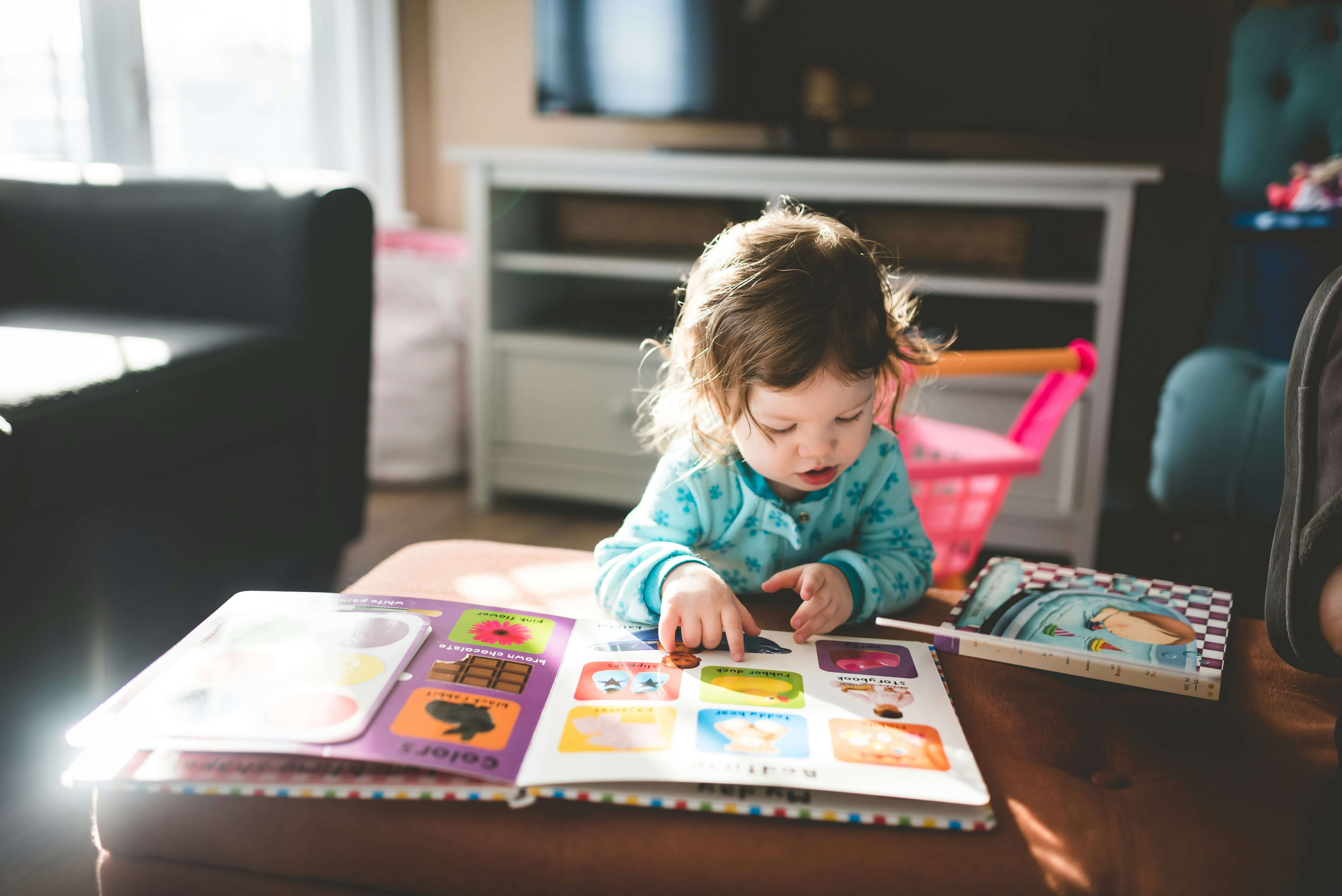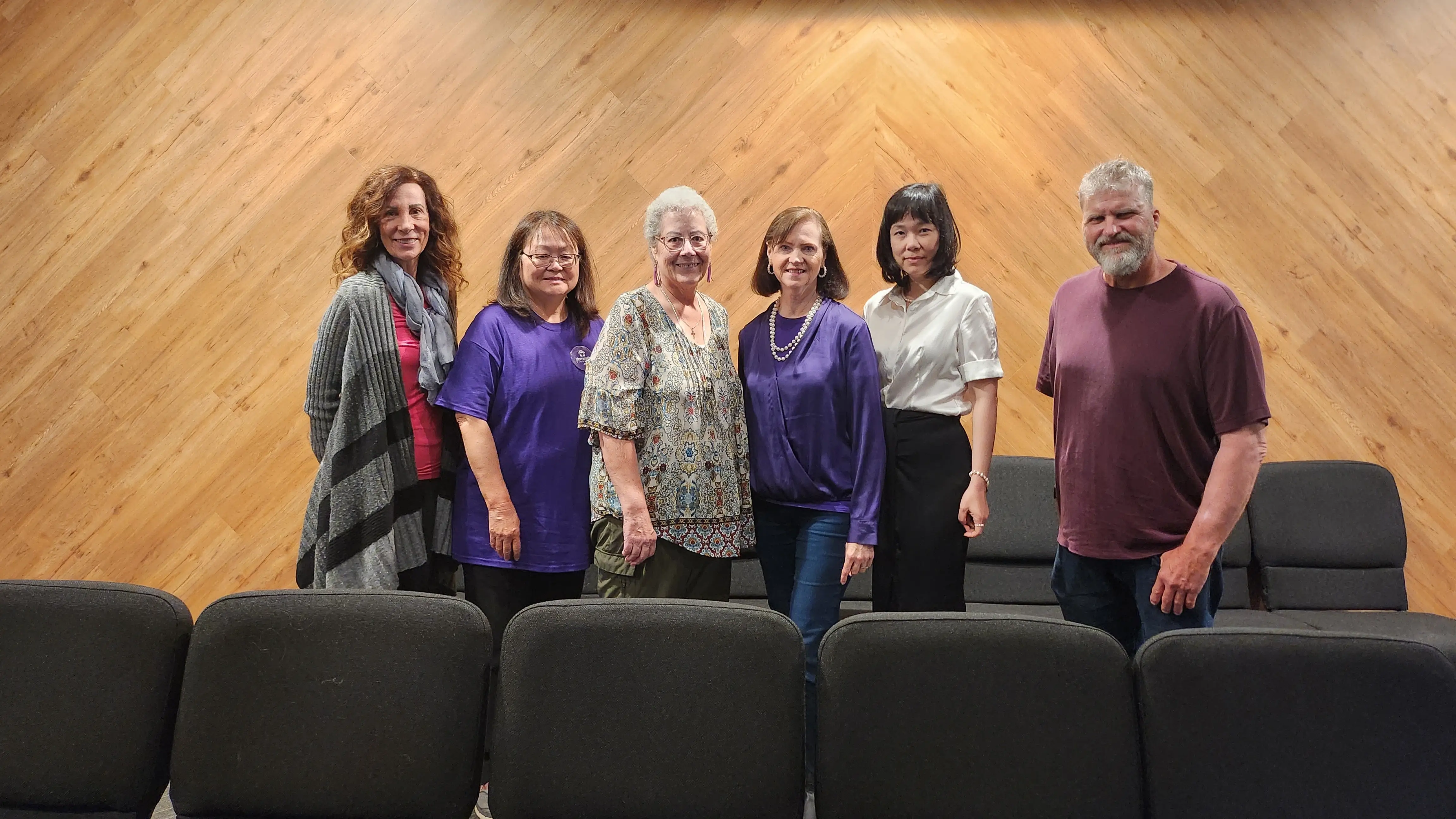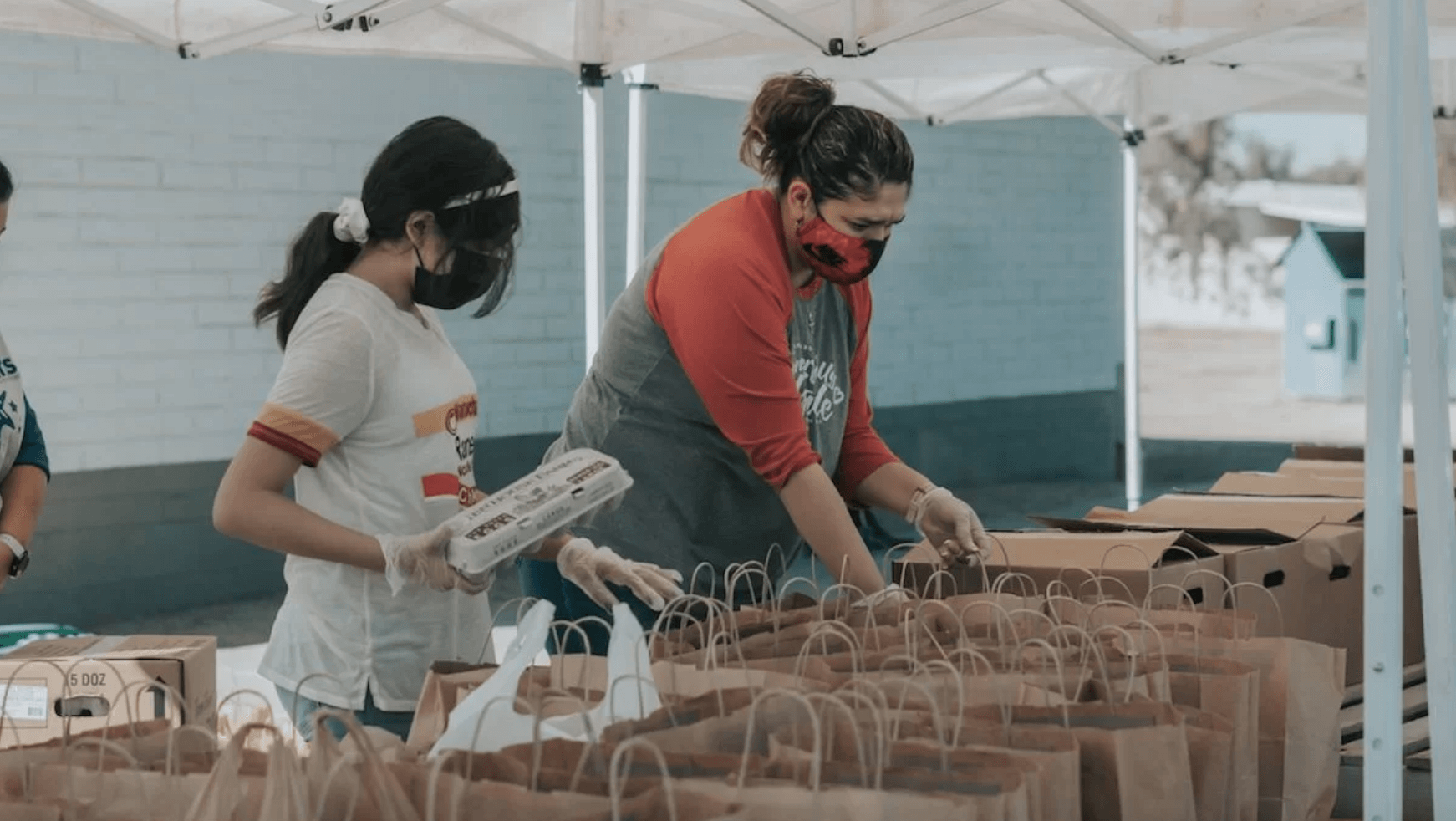
Photo by Aaron Burden for Unsplash
Psychologists often call childhood the “formative years” for a reason; so much of what people do and learn in childhood — particularly from ages 0-8 — shapes them in profound and lasting ways, according to HealthNews. Literature introduced to children can have a powerful impact on children’s worldview development, according to the National Library of Medicine.
Understanding the influential nature of literature on young children, it becomes crucial to present narratives that convey important life lessons, focusing on Gospel-centered truths. The Gospel Coalition’s series of children’s picture books provide tools for discipling the next generation.
In a culture with many worldly messages bombarding young readers’ minds, teaching children truth is of utmost importance.
Proverbs 22:6 says, “Train up a child in the way he should go; even when he is old he will not depart from it.”
Planting the seeds of Gospel truths at a young age is vital to setting children up for a life dedicated to the Lord and His Word. Stories of truth found in the Gospel help shape the body of Christ and lay the foundation for children to develop into strong disciples of godly character.

Photo by Jessica Ruscello for Unsplash
The Gospel Coalition, a fellowship of Reformed evangelical churches, recognizes the potential of literature to shape young minds and hearts.
“Through multimedia content, events, courses, books, training and global resourcing, we seek to communicate both the costly call (Matt. 16:24) and the comforting consolation of Christ (Matt. 11:29-30), whose gospel presents both a countercultural challenge and an audacious invitation to any who would hear it,” according to The Gospel Coalition.
In 2020, The Gospel Coalition began a series of children’s books targeting younger elementary school-aged children. Each one tells a story about a different child, focusing on an applicable life lesson and pointing the reader to Jesus.
While traditional children’s Bibles are a great way to share Biblical stories with young audiences, sharing Gospel truths through short fictional stories about relatable characters can also be powerful and help children connect lessons to real life.
“Arlo and the Great Big Cover-Up” tells a story of sin and repentance through a situation to which young children can relate to. When Arlo disobeys his mother by coloring on the wall, he tries to hide it, but he later realizes that he needs to own up to his mistake. This story serves as an easily understandable analogy for young readers.
“Real. Relatable. Restorative. I look forward to reading this book to my kids and savoring the conversations that follow. What a wonderful opportunity to talk to kids about God’s amazing grace,” Emily Jensen wrote in a review for “Arlo and the Great Big Cover-Up” on the Gospel Coalition’s website.
“My six-year-old son loves this story, told simply and with beautiful artwork,” Trevin Wax wrote in another review for this book.
Another picture book, “Meg is Not Alone,” features a girl who accidentally gets left behind when her family leaves church one Sunday morning. The story shows how beautiful and comforting Chrisitan fellowship is when we love each other the way Jesus instructed. While Meg feels scared and alone at first, she soon realizes that her church family is there to support and ease her nerves when her parents are not there.
Fictional stories help children understand that they are not alone in the problems that they face and provide them with solutions in dealing with their struggles.
In addition, many children may be more open to hearing and applying these truths and life lessons from an engaging story rather than from straightforward instruction. This technique was often used by Jesus Himself to communicate some of His most important messages in the form of parables.
Reading fictional stories to young children can be a lot of fun for both the child and the parent, and it helps shape young minds in constructive ways. The Gospel Coalition’s children’s books make it possible for parents to do this while also communicating vital and Gospel-centered life lessons.
When parents educate the next generation in the truth of the Gospel, they lay the foundation of truth in young people’s lives. Although reading a book to a child may seem insignificant, the content taught to young generations shapes their outlooks and beliefs. Life in this world will present young minds with many worldviews, so having a foundation of the Gospel is vital to equip children to discern the truth from lies.

Photo by Stephen Andrews for Unsplash
Jolie Lloyd is an English major at Messiah University who is passionate about words and Jesus. In her free time, she enjoys browsing bookstores, listening (and singing along) to worship music, playing piano, having theological discussions and spending time with her family, friends and two pugs.














